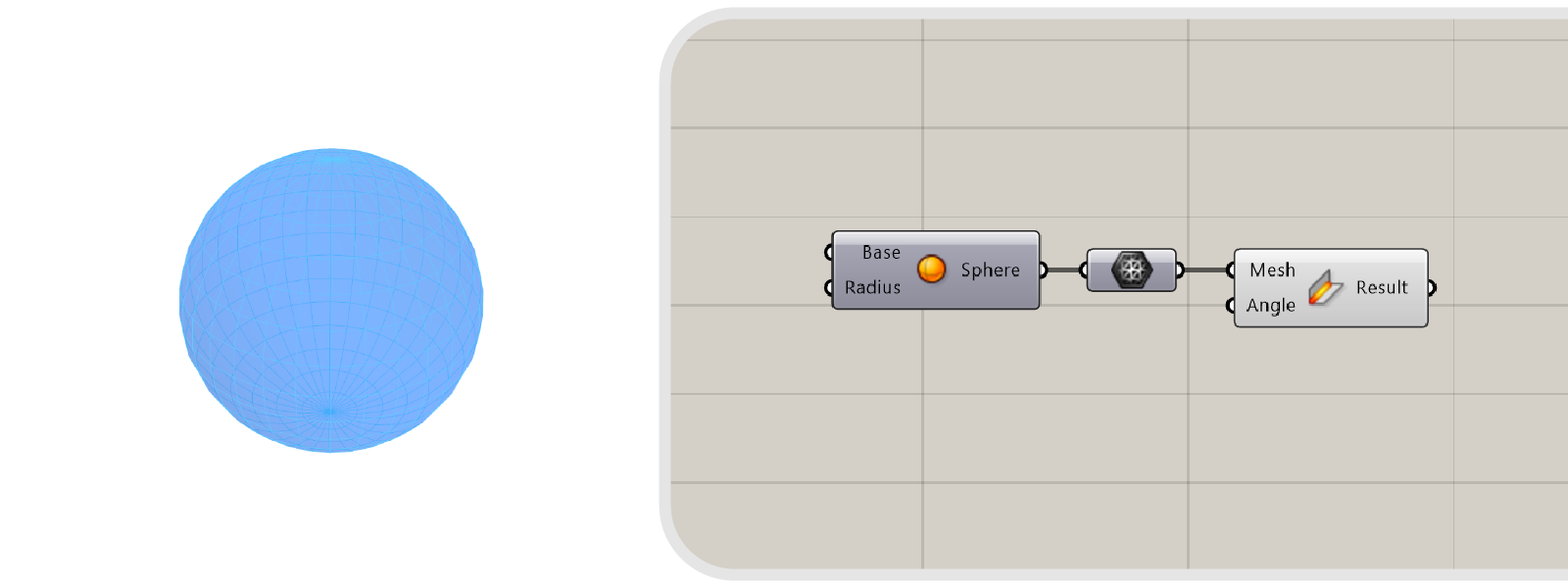What is algorithmic thinking?
ARCHITECTURE
We developed many other
1Defining algorithmic thinking in easy terms
10min
Basic understanding
Algorithmic thinking refers to the ability to approach and solve problems in a logical and systematic manner, using a series of steps or instructions. It involves breaking down a problem into smaller components and designing a step-by-step procedure or algorithm to solve it. Algorithmic thinking is closely related to computational thinking, which is a fundamental skill in computer science and programming.
2Defining algorithmic thinking in easy terms
5min
This process can be deconstructed into multiple smaller functional parts. Here are some key aspects of algorithmic thinking:
Decomposition
Breaking down a complex problem or task into smaller, more manageable parts or sub-problems. This helps in understanding the problem and identifying its key components.
Pattern Recognition
Identifying patterns or regularities within the problem and understanding how they can be leveraged to find a solution. Recognizing similarities and differences between different instances of a problem can aid in designing more efficient algorithms.
Abstraction
Focusing on the essential details of a problem while ignoring irrelevant or extraneous information. Abstraction allows for the creation of general algorithms that can be applied to a wide range of similar problems.
Algorithm Design: Creating a step-by-step plan or set of instructions to solve a problem. This involves determining the sequence of operations, the use of conditional statements, loops, and other control structures to handle different cases or situations.
Evaluation and Optimization: Assessing the efficiency and effectiveness of an algorithm and making improvements as needed. This includes considering factors such as time complexity, space complexity, and the scalability of the algorithm.
Algorithmic thinking is not limited to computer science or programming but can be applied to various domains and everyday problem-solving. It helps individuals approach challenges in a structured and logical manner, leading to more effective problem-solving and decision-making.
Content
